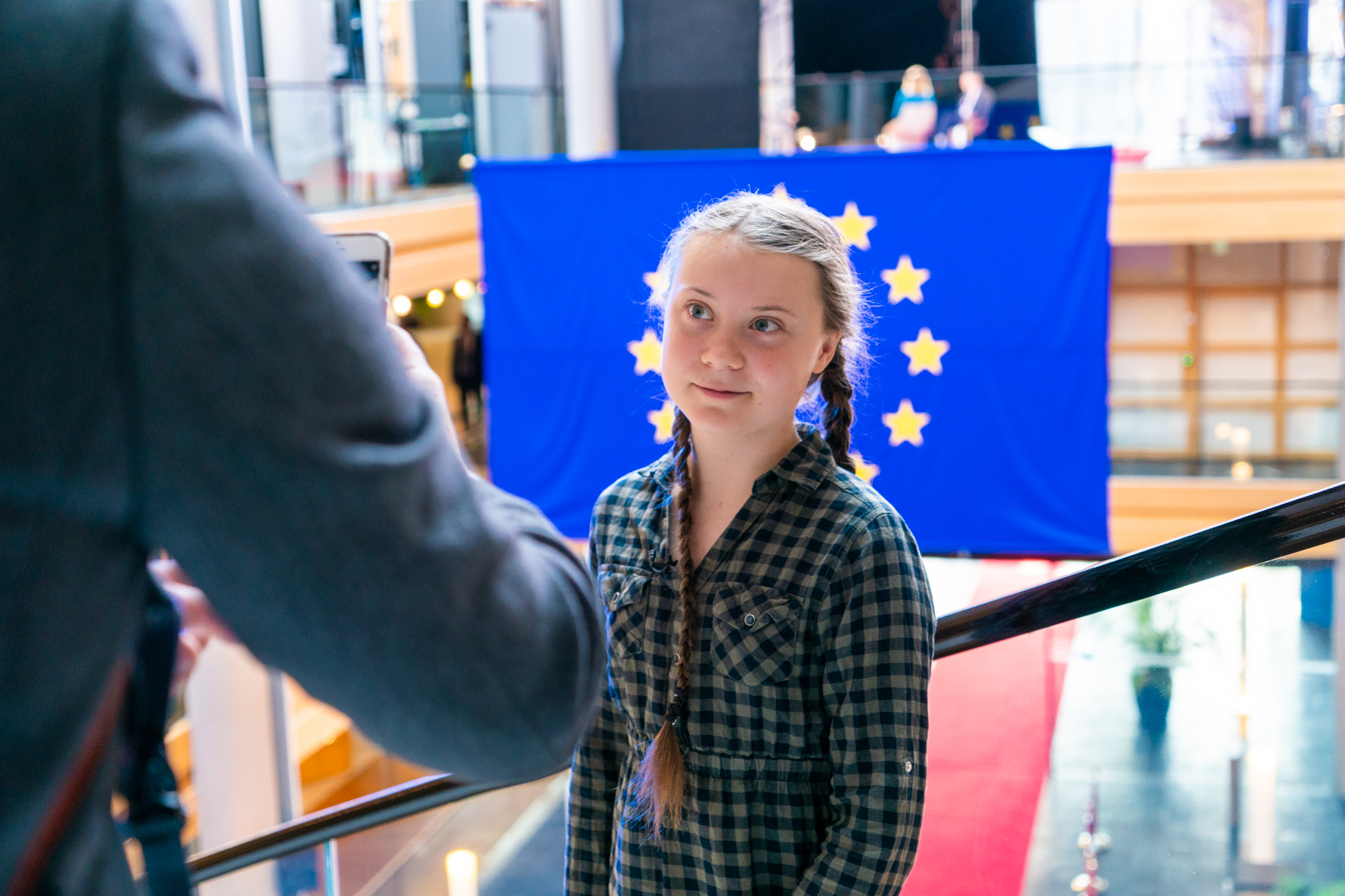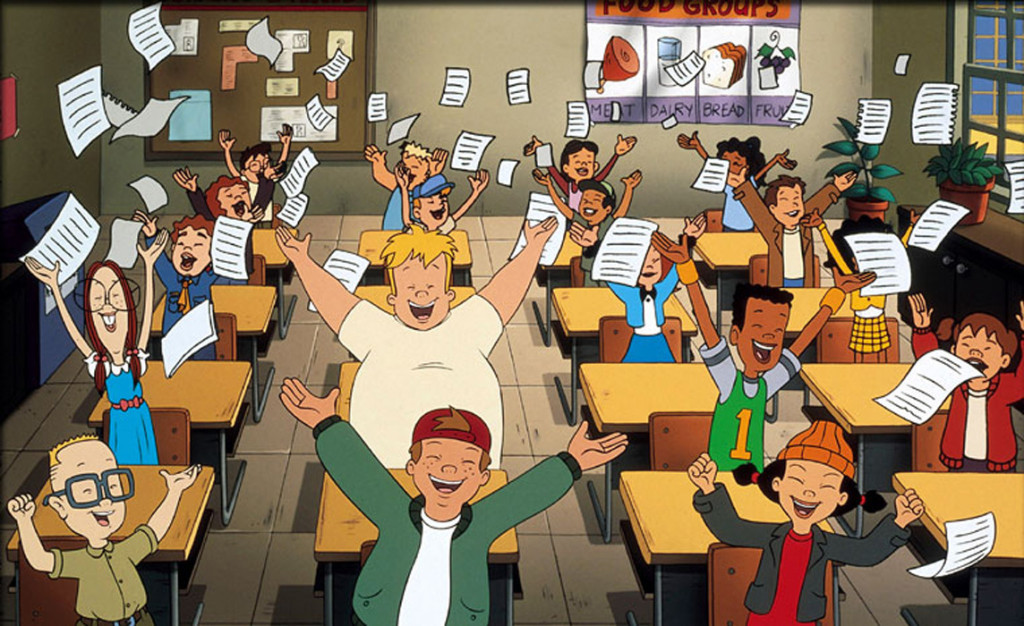
Bands should always play their signature song live
By Cazzy Lewchuk, Staff Writer
When we pay money to see live music, we expect a certain amount from the performers. Obviously, we expect them to play music, and preferably music that we know and enjoy. Musicians work hard at their craft, and they have the right to do whatever they want with their creations. At the same time, while being paid to perform, they should be held to a certain standard by fans.
I’m mostly speaking of popular musicians who are fortunate enough to make a full-time living doing their art, instead of the many musicians who do not make enough money to support themselves. Most large mainstream bands have thousands if not millions of fans and a higher income than most people. These are bands who sell thousands of seats in every city they visit, and who continue to profit off of album sales even in an era when most music is virtually free.
These artists got where they are today by making great music—and most of the time, this includes their signature song. They may have lots of great songs, but there’s almost always the one that we all remember. Bon Jovi may have sold over 140-million copies of 13 albums, but what song do we belt out at their shows and karaoke every time? “Livin’ On A Prayer.”
If you went to a Bon Jovi show and he didn’t play that song,’would you not feel disappointed? You pay to hear the hits. The songs from his new album may be very nice, or even better than his old works, but ultimately, there’s something lacking without the signature. Yet many artists deliberately choose not to play their biggest hit live, sometimes for integrity reasons, dislike of the song, or frustration at being associated with one song instead of their entire catalogue.
Radiohead famously almost never play “Creep” live. Modest Mouse aren’t playing “Float On” on their current tour. Neither of these songs are even close to being the best ones the bands have to offer, but come on, those are the songs that you can name, even if you can’t name another by the group. They’re big enough songs that some may very well buy a ticket just to hear them live.
Some artists get around the problem by playing that hit early in the set, and that’s totally fine. The point is that it’s heard live. When on stage, you have up to two hours to perform whatever experimental, lesser-known, or new songs you want. But over 90 per cent of the fans in the audience want to hear your big hit at some point. Big musicians work hard to get to that level of fame, and the demands of touring and musician life are not easy. But it’s not too much to ask to give something back to the ticket buyers by playing your big one.


